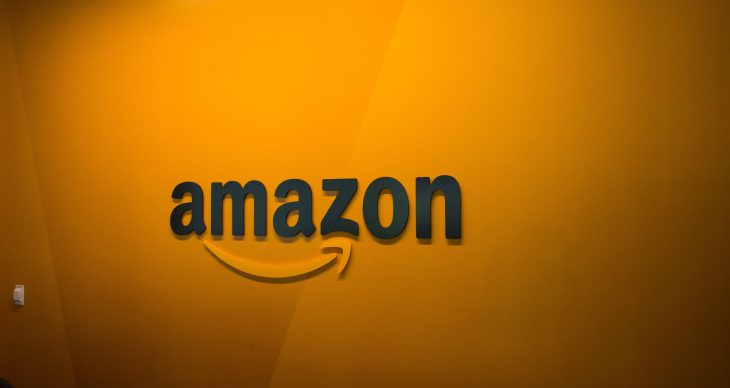Amazon CEO Jeff Bezos challenged rival retailers to increase their minimum wages to $16 per hour, in his annual letter to shareholders released on Thursday. Amazon in November had raised its own minimum wage to $15 per hour in response to the ongoing criticism around pay disparity and poor working conditions. Bezos suggested other retailers should follow Amazon’s lead, or push it to do even better.
“Today I challenge our top retail competitors (you know who you are!) to match our employee benefits and our $15 minimum wage,” Bezos wrote. “Do it! Better yet, go to $16 and throw the gauntlet back at us. It’s a kind of competition that will benefit everyone.”
The company also said its wage hike benefited more than 250,000 Amazon employees, as well as more than 100,000 seasonal workers who worked at Amazon sites across the country during the 2018 holidays.
“We strongly believe that this will benefit our business as we invest in our employees. But that is not what drove the decision,” Bezos noted. “We had always offered competitive wages. But we decided it was time to lead – to offer wages that went beyond competitive. We did it because it seemed like the right thing to do.”
In actuality, there was a lot of external pressure on Amazon to do better by its lowest-wage earners — and, specifically its warehouse employees.
Last year, Senator Bernie Sanders collected input from Amazon workers across the U.S. in advance of legislation he was preparing to file in September, titled “BEZOS Act.” He found that the median salary for Amazon employees was around $28,000 per year, but about half of Amazon workers fell under that amount.
He also said that many workers were on public assistance, and received Medicaid, foot stamps or public housing.
The senator pointed out that nothing that Amazon was doing was illegal, but it was effectively taking advantage of government subsidies to underpay its workers — knowing they would be able to use other means of assistance for things like food, housing and medical care. Meanwhile, Amazon’s billionaire founder Jeff Bezos had become the richest person on earth.
The BEZOS Act, which was introduced by Sanders and Rep. Ro Khanna (D-CA), proposed to tax corporations for every dollar their low-wage workers received in government assistance, including health care and food stamps.
After Amazon announced it would raise the minimum wage for all U.S. employees to $15 per hour in November, Sanders applauded the move.
“I want to give credit where credit is due,” Sanders had said. “What Mr. Bezos has done today is not only enormously important for Amazon’s hundreds of thousands of employees, it could well be, and I think it will be, a shot heard around the world.”
Amazon is now not the only retailer raising its minimum wages.
Earlier this month, Target announced it would raise its minimum hourly wage to $13 per hour in June — well above the federal minimum wage of $7.25, which hasn’t been increased since 2009. It says it’s on track for a $15 per hour minimum wage by 2020. Costco also this year raised its hourly wage to $15 per hour, up from $14 per hour, which it hit in June 2018.
Walmart, however, still trails with a minimum wage of $11 per hour, despite an increase last year it credited to the tax law changes.
With his remarks — “you know who you are!” — Bezos is challenging Amazon’s rivals like Walmart and Target to do better, as their pay increases still have Amazon in the lead.
But to some extent, the focus on pay and corporate benefits detracts from some of the other criticism leveled against Amazon: the working conditions in its warehouses.
These conditions have been labeled “deadly and dehumanizing” by a New York labor union; have had workers pushing to unionize and protesting; and have been the subject of numerous reports in the press, including horror stories about constant surveillance, workers urinating in trash cans out of fear a break would have them missing targets, health concerns and generally feeling they’re being treated as robots.
These issues weren’t addressed in the letter. Instead, Bezos focused on corporate perks, like Amazon’s Career Choice program, which pays up to 95 percent of tuition and fees toward a certificate or diploma in qualified fields of study; and its Amazon Future Engineer program, which supports STEM and CS education in the U.S. for elementary, high school and university students.
The letter also tries to make the case to antitrust regulators that Amazon shouldn’t be broken up, because, says Bezos, “third-party sellers are kicking our first party butt. Badly.” And because the company only represents a “low single-digit percentage of the retail market.”
